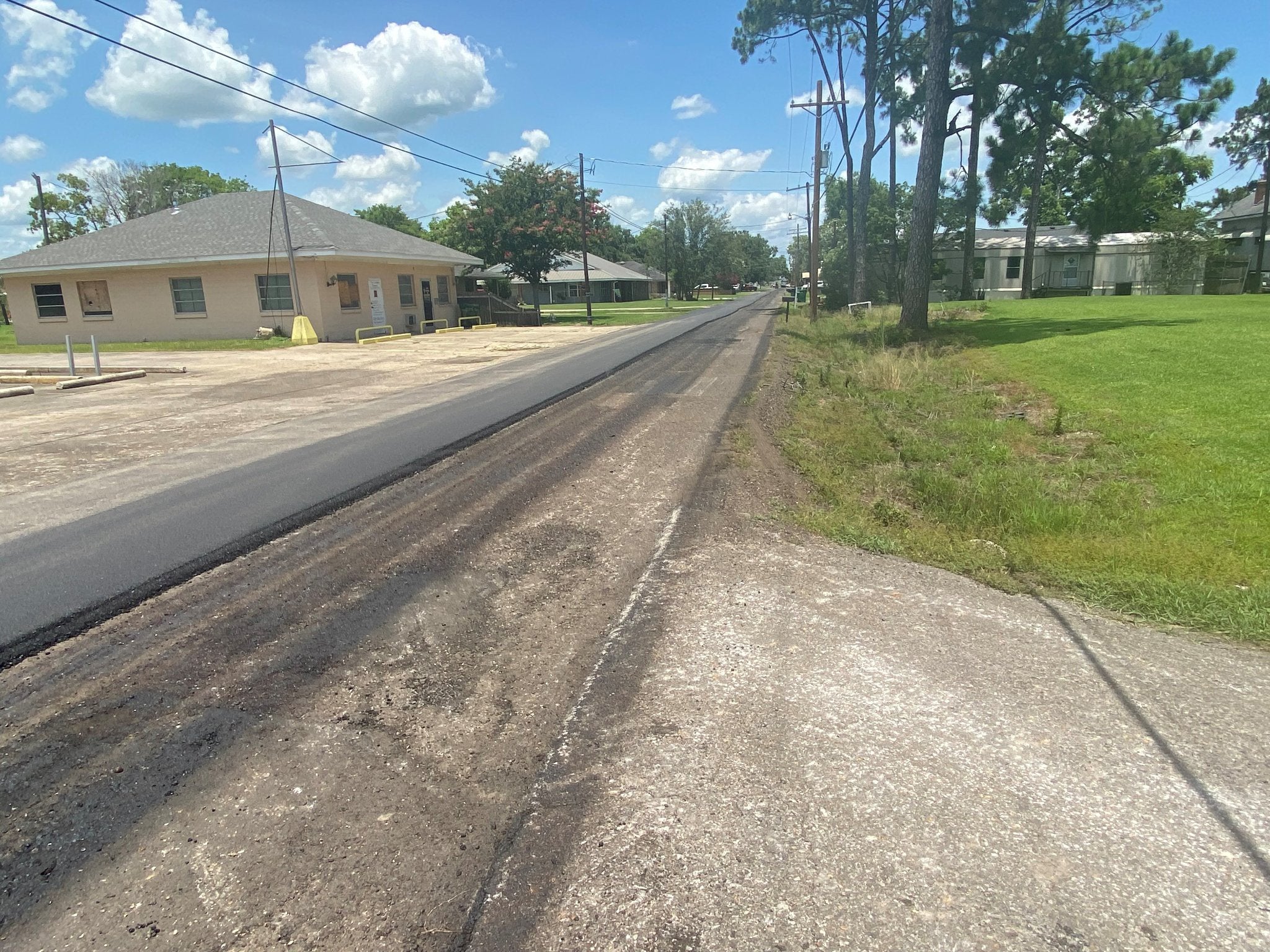Members of the Ways and Means Committee on Wednesday voted unanimously to approve House Bill 155, sponsored by Rep. Rhonda Butler, R-Acadia, who reintroduced the legislation to create the Louisiana Rural Infrastructure Revolving Loan Program after it failed to gain full approval last session.
The intent, Butler told the committee, is “to help our rural communities that can’t afford to go through capital outlay, where they wouldn’t have a match.
The fund would be operated by the Department of Treasury, which would invest money in the fund to use interest earned on investment to provide loans of up to $1.5 million.
The loans would be available to political subdivisions with populations less than 15,000, based on U.S. Census figures. Local governments would be limited to one loan at a time, if they meet eligibility requirements.
“Our larger cities have money, where our small rural communities don’t, and that’s what I serve,” Butler said.
The eligibility requirements include proof local governments have the financial resources and strategy to repay the loan, and that they’re in good standing and comply with audit requirements in current law.
“They have to be able to maintain themselves and pay this loan back,” Butler said, adding that she’s working with appropriations chairmen to secure the initial funding to launch the program.
HB 155 also includes provisions for “emergency requests” of up to $50,000 to alleviate conditions “that are hazardous to life, health, or property.” Requests would require approval from the State Bond Commission, while the Department of Treasury would be tasked with crafting rules and reasonable fees for administering the fund and rules to respond to emergency requests.
The State Bond Commission would also be required to submit a report on loans approved by the commission, outstanding loan balances, and other information to the House Ways and Means Committee and Senate Revenue and Fiscal Affairs Committee beginning Jan. 1, 2026, and every two years thereafter.
“Thank you for bringing bills like this that protect our rural communities,” said Rep. Marcus Bryant, D-New Iberia.





